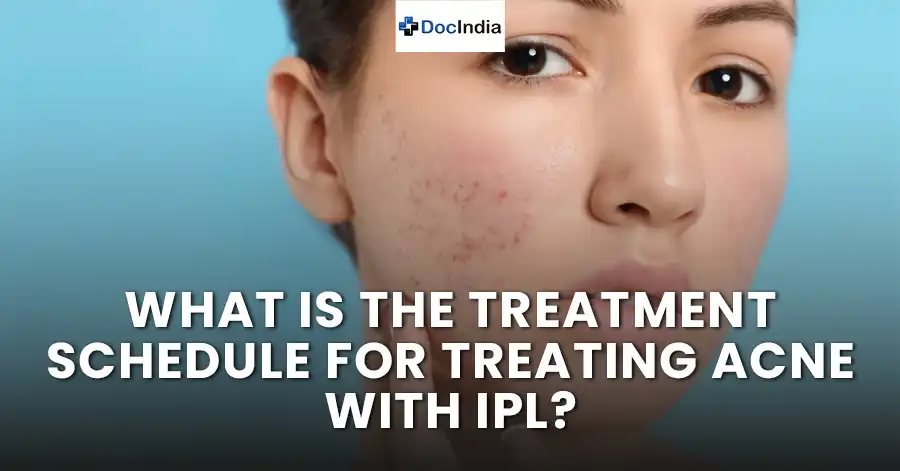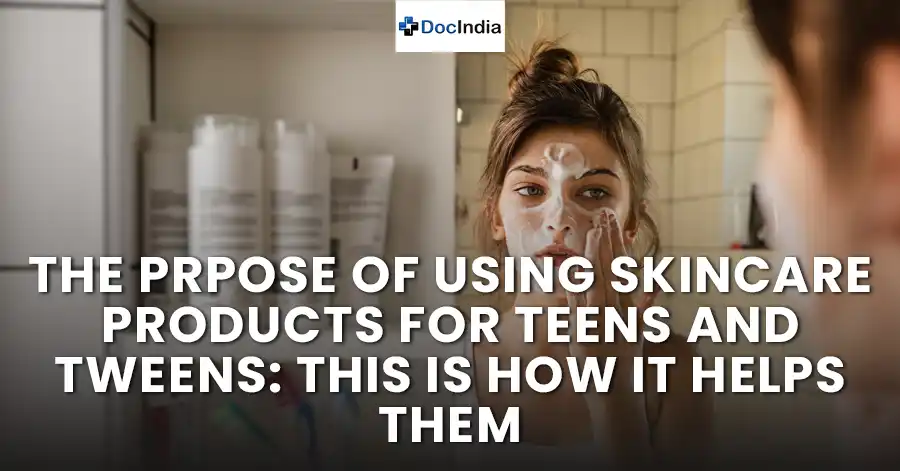Who are called dermatologist?
A dermatologist is a medical professional who specializes in the diagnosis and treatment of disorders related to the skin, hair, and nails. They look after different kinds of disorders, from everyday issues like acne and eczema to severe ones like skin cancer.
What qualifications are looked for in a dermatologist?
While looking for a dermatologist, one must ensure that the doctor has passed his MBBS, followed by further specialization in Dermatology, Venereology, and Leprosy as MD or DNB. Further qualifications could include passing a board examination and getting membership in professional bodies like IADVL.
What services do dermatologists provide?
Dermatologists diagnose and treat diseases in the skin, perform cosmetic procedures like chemical peels or Botox, screen skin cancers, surgically remove lesions from the skin, and manage hair disorders and disorders of the nails.
When should one consult a dermatologist?
If a person has severe acne, unexplained rashes, itching, and even mole changes, they should consult a dermatologist. One can also consult a dermatologist when the over-the-counter treatments are not working and see some symptoms of skin infections.
Top Specialty Doctors in Kolkata
Top 10 Cardiologists in Kolkata
| Top 10 Dentist in Kolkata
| Top 10 Psychiatrists in Kolkata
|
Top 10 Pediatricians in Kolkata
| Top 10 General Physicians in Kolkata
| Top 10 Gastroenterologists in Kolkata
| Top 10 Gynecologists in Kolkata
| Top 10 Nephrologists in Kolkata
| Top 10 Neurologists in Kolkata
| Top 10 Orthopedic Doctors in Kolkata
| Top 10 ENT Doctors in Kolkata
| Top 10 Homeopathy Doctors in Kolkata
| Top 10 Ayurveda Doctors in Kolkata
| Top 10 Urologists in Kolkata
Frequently Asked Questions
Acne treatment by dermatologists involves a comprehensive approach tailored to the individual's specific condition, including the type and severity of acne. A dermatologist can employ methods and treatments commonly including topical treatments, benzoyl peroxide, retinoids, and antibiotics. However, Oral medicines include antibiotics, hormone treatments, and isotretinoin. Other procedural treatments for peels, laser, and drainage with extraction.
Dermatologists play a crucial role in the diagnosis and treatment of skin cancer. Their expertise encompasses a range of procedures and treatments tailored to various types of skin cancer. Dermatologists usually identify skin cancer through physical examination, dermatoscopy, or biopsy. The mode of treatment includes surgical excision or cryotherapy, Mohs surgery, radiation therapy, and either topical or systemic chemotherapy.
For general skin health maintenance, it's advisable to see a dermatologist annually. However, if you have specific skin conditions or concerns, more frequent visits may be necessary based on your treatment plan.
A dermatologist is a medical doctor who diagnoses and treats skin diseases and conditions. On the other hand, a cosmetologist is a professional expert in beauty treatments for skin, hair, and nails; who does not have any training to treat skin diseases medically.
Dermatologists in Kolkata are commonly very skilled in treating conditions like acne, eczema, psoriasis, vitiligo, fungal infections, and skin allergies. They are also fully equipped to handle serious cases of dermatitis, hair loss, and various types of skin cancer.
In Kolkata, mostly, you do not require any referral to see a dermatologist. However, some more specialized dermatology clinics or hospitals may require referral, depending on their policies.
Dermatologists in Kolkata commonly speak English, Hindi, and Bengali. This multilingual capability allows them to effectively communicate with a diverse patient population in the city.
While choosing the best dermatologist in Kolkata, one should look for qualifications, experiences, patient reviews, services and expertise. Also, by using DocIndia one can get full details of doctors' profiles and patient reviews and choose an appropriate doctor. Apart from that, ask family or relatives to seek the best dermatologist in Kolkata.
The average consultation fee of a dermatologist in Kolkata would be between ₹500 to ₹1500, depending upon the experience of the dermatologist, procedure and duration, and the location of the clinic.
You can get an appointment with a dermatologist in Kolkata near you through the DocIndia platform. Here you can find a list of Kolkata's dermatologists, view their profile and make an appointment easily. Moreover, you can also make an appointment directly from the clinic or hospital for consulting.






